Transformations in Central Europe
between 1989 and 2012
Transformations in Central Europe
between 1989 and 2012
Geopolitical, Cultural, and
Socioeconomic Shifts
Tomas Kavaliauskas
LEXINGTON BOOKS
Lanham Boulder New York Toronto Plymouth, UK
Published by Lexington Books
A wholly owned subsidiary of The Rowman & Littlefield Publishing Group, Inc.
4501 Forbes Boulevard, Suite 200, Lanham, Maryland 20706
www.rowman.com
10 Thornbury Road, Plymouth PL6 7PP, United Kingdom
Copyright 2012 by Lexington Books
The European Solidarity Centre and Desmond Graham generously granted permission to use the poem "Spring, Lech Wasa Airport, 2007," from Desmond Graham's book A Gdansk Sketchbook: Polish Poems 19842008. Gdansk: European Center for Solidarnosc, 2009, p. 50.
All rights reserved. No part of this book may be reproduced in any form or by any electronic or mechanical means, including information storage and retrieval systems, without written permission from the publisher, except by a reviewer who may quote passages in a review.
British Library Cataloguing in Publication Information Available
Library of Congress Cataloging-in-Publication Data
Kavaliauskas, Tomas.
Transformations in Central Europe between 1989 and 2012 : geopolitical, cultural, and socioeconomic shifts / Tomas Kavaliauskas.
p. cm.
Includes bibliographical references and index.
ISBN 978-0-7391-7410-4 (cloth : alk. paper) -- ISBN 978-0-7391-7411-1 (electronic)
1. Europe, Central--Politics and government--1989- 2. Europe, Eastern--Politics and government--1989- 3. Post-communism--Europe, Central. 4. Post-communism--Europe, Eastern. 5. Geopolitics. 6. Social change. 7. Europe, Central--Social conditions--1989- 8. Europe, Eastern--Social conditions--1989- 9. Europe, Central--Economic conditions--1989- 10. Europe, Eastern--Economic conditions--1989- I. Title.
DAW1051.K38 2012
943.0009'049--dc23
2012022821
 The paper used in this publication meets the minimum requirements of American National Standard for Information Sciences Permanence of Paper for Printed Library Materials, ANSI/NISO Z39.48-1992.
The paper used in this publication meets the minimum requirements of American National Standard for Information Sciences Permanence of Paper for Printed Library Materials, ANSI/NISO Z39.48-1992.
Printed in the United States of America
In memory of Vclav Havel
Acknowledgments
I would like to start my long list of acknowledgments with wholehearted gratitude to Gintautas Maeikis (Vytautas Magnus University, Kaunas) for being my postdoctoral research supervisor (20092011) on the topic of transformations in Central Europe after 1989. I also owe him gratitude for the idea to create academic conversations with Eastern Central European intellectuals and integrate these dialogues into this book.
My gratitude to Imre Ungvari Zrinyi (Babs-Bolyai University, Cluj Napoka) for sacrificing his precious time while guiding me through the labyrinth of HungarianRomanian relations and the history of Transylvania during my postdoctoral stay in Cluj Napoka.
Many thanks to Catalyn Avramescu (Bucharest University) and Annette Inan Freyberg (Amsterdam University) for a guided tour in the analyses of Romanias geopolitical identity.
Special gratitude to Dorota Roszkowska (the director of Arkan Studio, Warsaw) for integrating me into Polish academic life by inviting me to conferences and documentary film festivals The Year 1989Image, Memory, Record and What about Freedom? under the rubric DOCUMENTARY ART. Without this integration my knowledge on Poland would be incomparable. My special gratitude is also extended to documentray film director Anna Maria Mydlarska, who was my personal guide in Stocznia (Shipyard), Gdansk, as well as at European Solidarity Centre and exhibitions on Polish Solidarity movement during Freedom week.
Wholehearted gratitude to Bulgarian academics, Daniela Koleva (St. Kliment Ohridski Sofia University), Ivaylo Ditchev (St. Kliment Ohridski Sofia University), Deyan Kuranov (Sofia Liberal Strategies Institute), Dimitar Vatsov (New Bulgarian University). Without their friendliness my project would not be the same. I am especially thankful to Deyan Kuranov for the field trip in Peshtera and his hospitality; my wholehearted appreciation to Ivaylo Ditchev for a shared social anthropological perspective on Bulgarias transformations.
I am more than grateful to Marek Skovajsa (Charles University, Prague) for help in research in Prague, for providing working conditions at sociology institute, for all the invitations to academic venues of the University, and most of all for introducing me to the unique Czech culture of dissidents.
Wholehearted gratitude is extended to Boris Kapustin (Yale University) for great lectures on political philosophy in Moscow and for agreeing to share insights comparing Russia and the Baltic States in their transitional period. The depth of Boris Kapustins thinking has left a lifelong impact on my academic writing.
Many words of appreciation to Maria Mlksoo (Tartu University) for being a great scholarly friend and sharing her insights comparing Estonia, Latvia, Lithuania, and Russia.
My appreciation to Manfred Holler for inviting me twice to Hamburg University, SocioEconomics faculty, for the Adam Smith Seminar to present my ideas on transformations in Central Europe.
I owe more than appreciation to a colleague J. D. Mininger (Vytautas Magnus University, Kaunas), who was the first mover of my essay Katydoes not happen twice by suggesting to write on Central Europe applying Shakespeare.
My special gratitude to Dominik Valentis for his creative and enthusiastic proofreading. Moreover, my special gratitude is extended to him for his inspirational lectures at Vytautas Magnus University in 1989 as visiting professor, which made the year 1989 even more spiritual in this part of the Baltics.
My indebtedness belongs to Julija Sabataityt and Gintar Grayt, who coordinated my postdoctoral project on Central Europe after 1989. By the same token my gratitude to the very fellowship that was funded by the European Union Structural Funds project Postdoctoral Fellowship Implementation in Lithuania within the framework of the Measure for Enhancing Mobility of Scholars and Other Researchers and the Promotion of Student Research (VP13.1MM01) of the Program of Human Resources Development Action Plan. Thanks to this fellowship I was able to explore Central European countries and witness their state of transition. The ability to travel extensively across the Central European countries, make social anthropological observations, field trips, attend conferences, give lectures, share insights with colleagues, and lastly to dialogue with distinguished scholars, is unimaginable without this postdoctorate.
But for the published academic conversations to which I will keep referring throughout this book, I owe gratitude to the editors of cultural journal Kultros barai [Domains of Culture]Laima Kanopkien and Almantas Samalaviius. They helped me to compile an anthology of my conversations into one book that was kindly published by the publishing house Edukologija in Vilnius, Lithuania.
My academic indebtedness also belongs to Vice Rector Juozas Augutis (Vytautas Magnus University, Kaunas) for the financial support preparing the manuscript for typesetting as well as encouragement to make an academic contribution internationally.
Finally I would like to thank the following editors for giving permission to use my texts written during postdoctoral research period:
Leonidas Donskis and J. D. Mininger of Rodopi Value Inquiry Book Series for the article Katy does not happen twice (Rodopi, 2012). Im also indebted to the coauthor of this essay, Rta Bagdanaviit (Vytautas Magnus University, Kaunas), for sharing her insights.
Next page


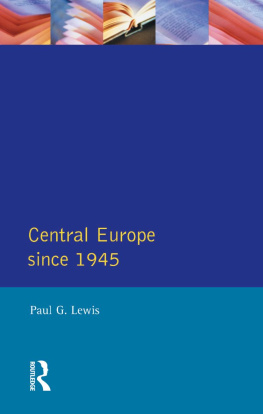
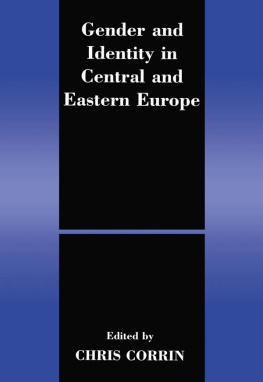
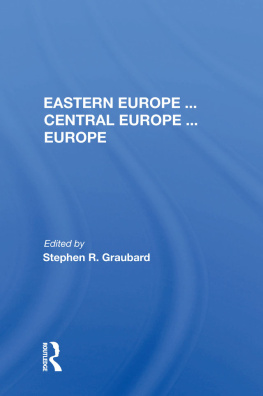
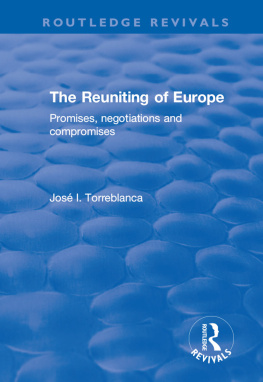
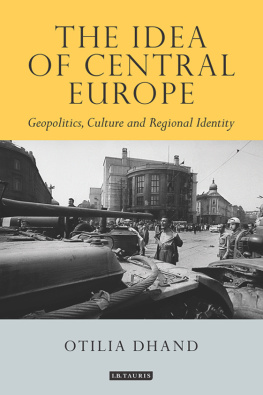
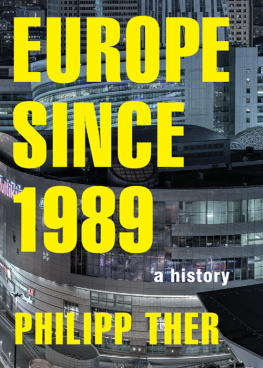
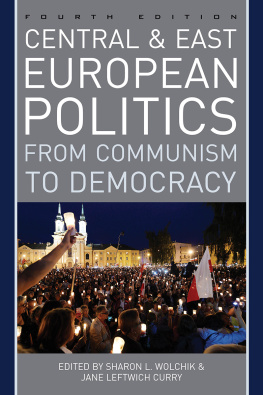
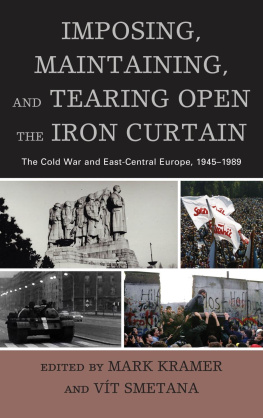
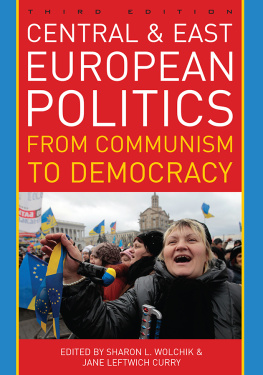
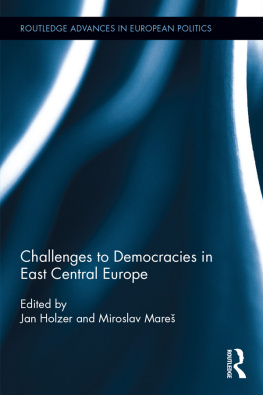
 The paper used in this publication meets the minimum requirements of American National Standard for Information Sciences Permanence of Paper for Printed Library Materials, ANSI/NISO Z39.48-1992.
The paper used in this publication meets the minimum requirements of American National Standard for Information Sciences Permanence of Paper for Printed Library Materials, ANSI/NISO Z39.48-1992.